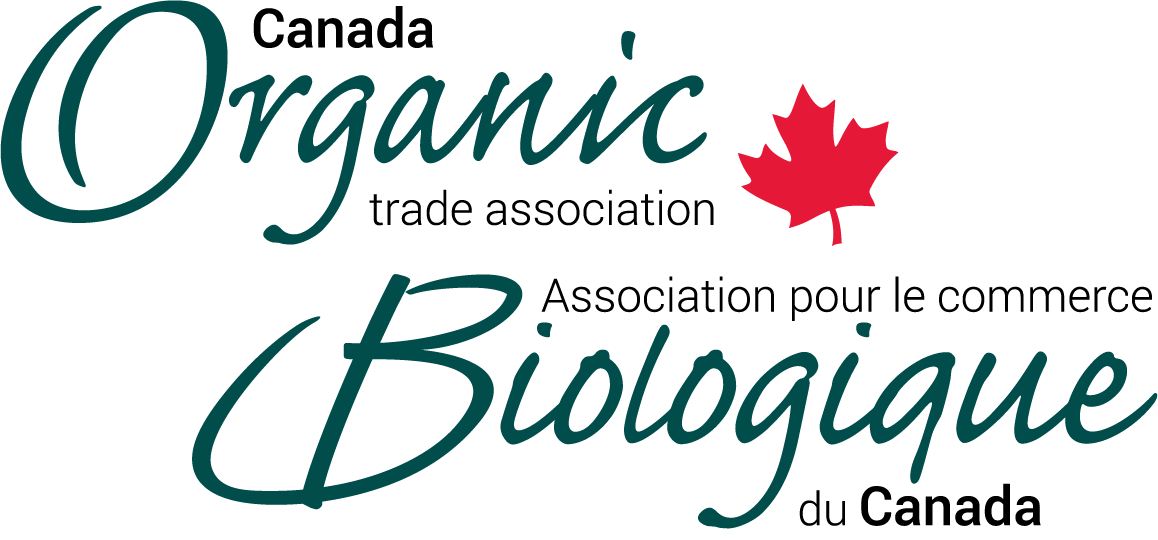Developing an Organic Action Plan for Canada
COTA leads the organic industry and government on a wide range of issues affecting the organic sector. The following areas and issues are central to the current work that COTA is active on, but by no means represents the numerous areas of advocacy that COTA engages in.
The three national organizations, Canada Organic Trade Association (COTA), Canadian Organic Growers (COG) and the Organic Federation of Canada (OFC), have developed in consultation with the industry an Organic Action Plan for Canada as an accelerator for growth.
Below are the key areas we are working on to ensure long-term success for the sector.
4 Pillars for Organic Growth
PILLAR 1: Framework and Infrastructure for Growth
The industry plays a pivotal role in the continued growth and prosperity of the sector. It is essential to build capacity in organic institutions and associations at the federal and provincial levels and enshrine a sustainable framework for long-term sustainable growth. The result is a coordinated sector, a balanced supply and demand of organic products, and a self-sustaining financial model.
RECOMMENDATION FOR ACTION
Recommendation 1.1: Develop and implement a new policy framework for Organic Agriculture Innovation and Growth (e.g Organic Action Plan). Implement ambitious national policies and set national targets for organic growth (increased farm area and operators, organic sales targets, including public procurement and organic export).
PILLAR 2: Accelerate Growth and Innovation in Organic Production
Despite growing demand, Canada is losing ground in organic production. Domestic production (acreage and operators) must increase to meet the growing demand for organic products, reduce increasing reliance on organic imports and support Canada’s climate, environmental and economic goals. Policy must address knowledge transfer, financial and technical risks that are barriers to organic farming, de-risk the transition, and invest in farm productivity and profitability.
RECOMMENDATION FOR ACTION
Recommendation 2.1: Establish a fund for Organic Agriculture Innovation and Growth to support activities including “conversion checks (advice)” for farmers interested in organic farming; demonstration and education activities spreading best organic practices; farm-based innovation activities; and research.
PILLAR 3: Stimulate Organic Market Development
Ensuring a stable market for the end-products of organic agriculture is crucial for the long-term sustainability of the sector. A broader strategy involving education, promotion and programs with processors, retailers, food service providers and consumers will increase market access and trade opportunities both domestically and internationally.
RECOMMENDATION FOR ACTION
Recommendation 3.1: Establish a fund for Organic Market Development, supporting consumer awareness and events; improved market information; value- chain collaboration and the organic sector’s collaboration with retail and foodservice actors on market development.
PILLAR 4: Advance Research with Impact
Research in organic science drives innovation and productivity in sustainable and resilient food production systems, which is transferable to all of agriculture. Investing in organic research enhances a low-input model that contributes to climate change mitigation, promotes soil health and biodiversity, increases farm-gate revenue, and is backed by a certification system that is internationally recognized and regulated.
RECOMMENDATION FOR ACTION
Recommendation 4.1: Increase funding specifically dedicated to organic research.
To view the full details, please click here
